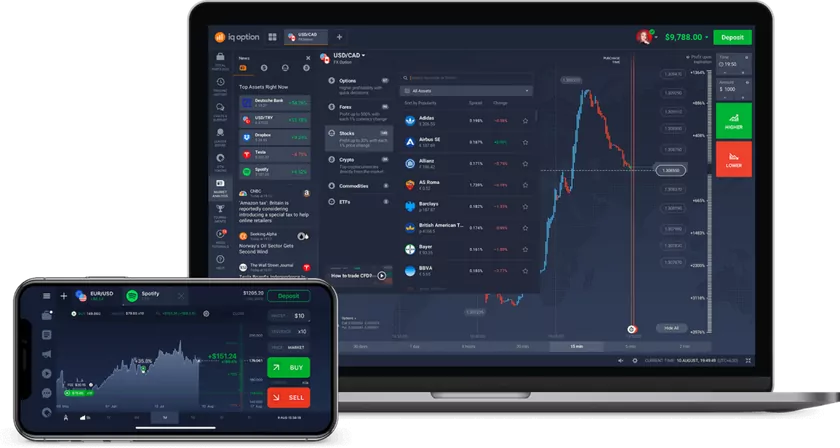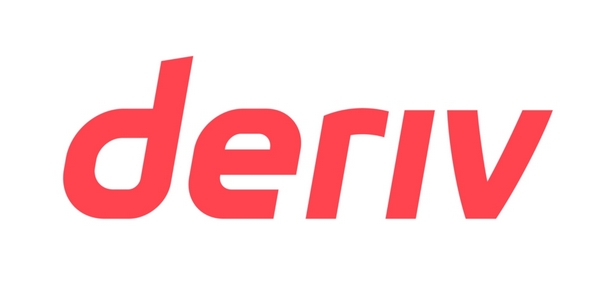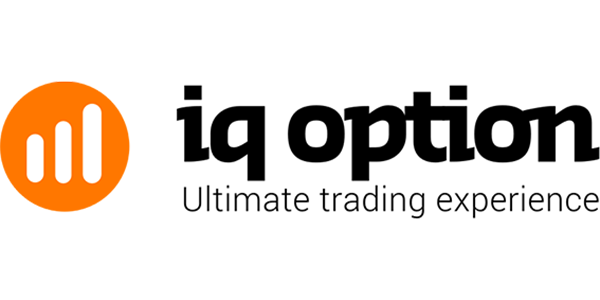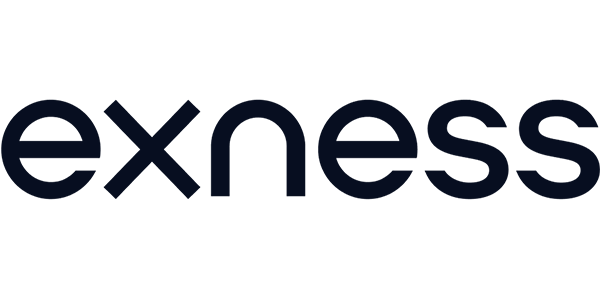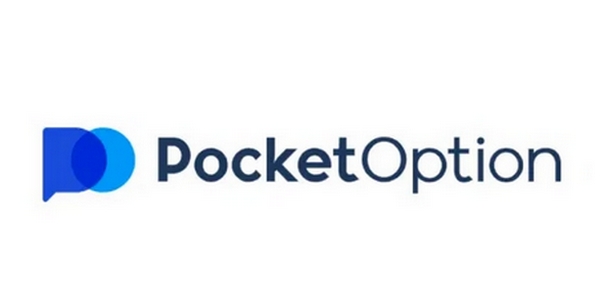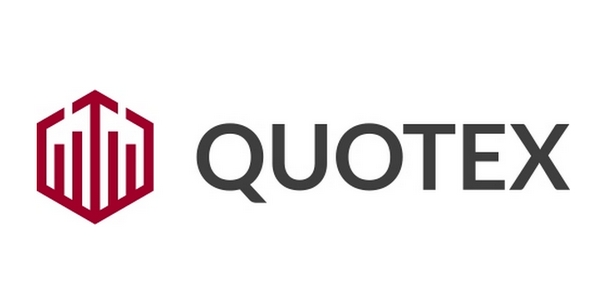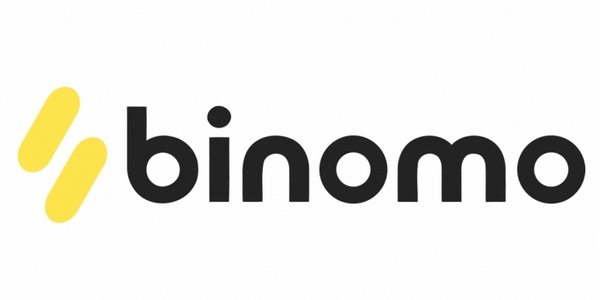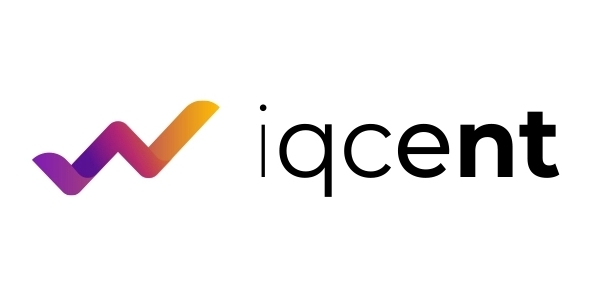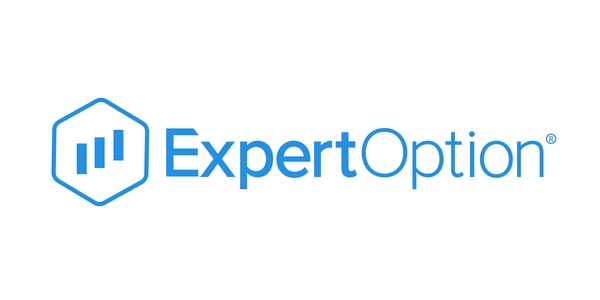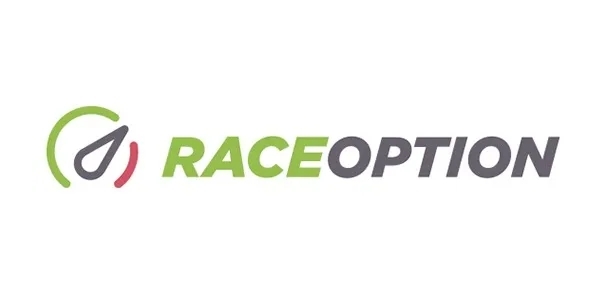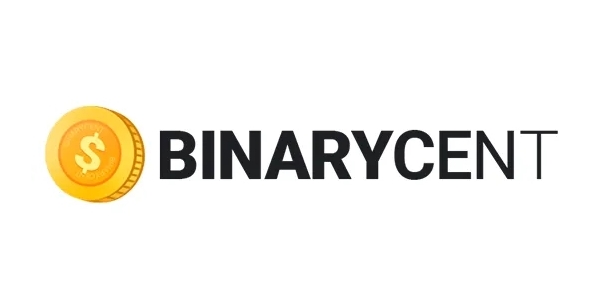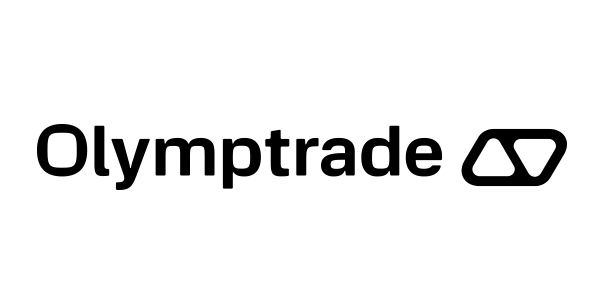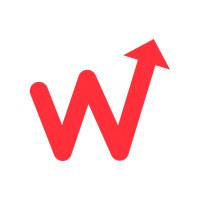How Binary Options Platform Ratings Work
Binary options brokers are rated based on real, concrete factors that matter most to traders. These ratings aren’t influenced by flashy ads or subjective opinions. Instead, they reflect a thorough evaluation of each platform’s strengths and weaknesses. Here’s a look at the core elements that contribute to a broker’s rating:
- Platform usability: How user-friendly is the interface? Can you easily navigate through the platform without getting lost?
- Customer support: How responsive and helpful is the customer service team? Are they available 24/7, and can they solve your issues efficiently?
- Security measures: Are your funds and personal information kept safe? How does the platform protect against cyber threats?
- Asset availability: What variety of assets can you trade on the platform? Does the broker offer a wide selection of options, including forex, stocks, commodities, and cryptocurrencies?
- Trading conditions: What fees and withdrawal policies does the broker have? Are there hidden costs, or is everything transparent? How does the broker handle withdrawals?
Each broker goes through a detailed testing process, covering everything from account creation to executing trades. Transparency is crucial, so only those brokers who meet high standards are featured in the ratings.
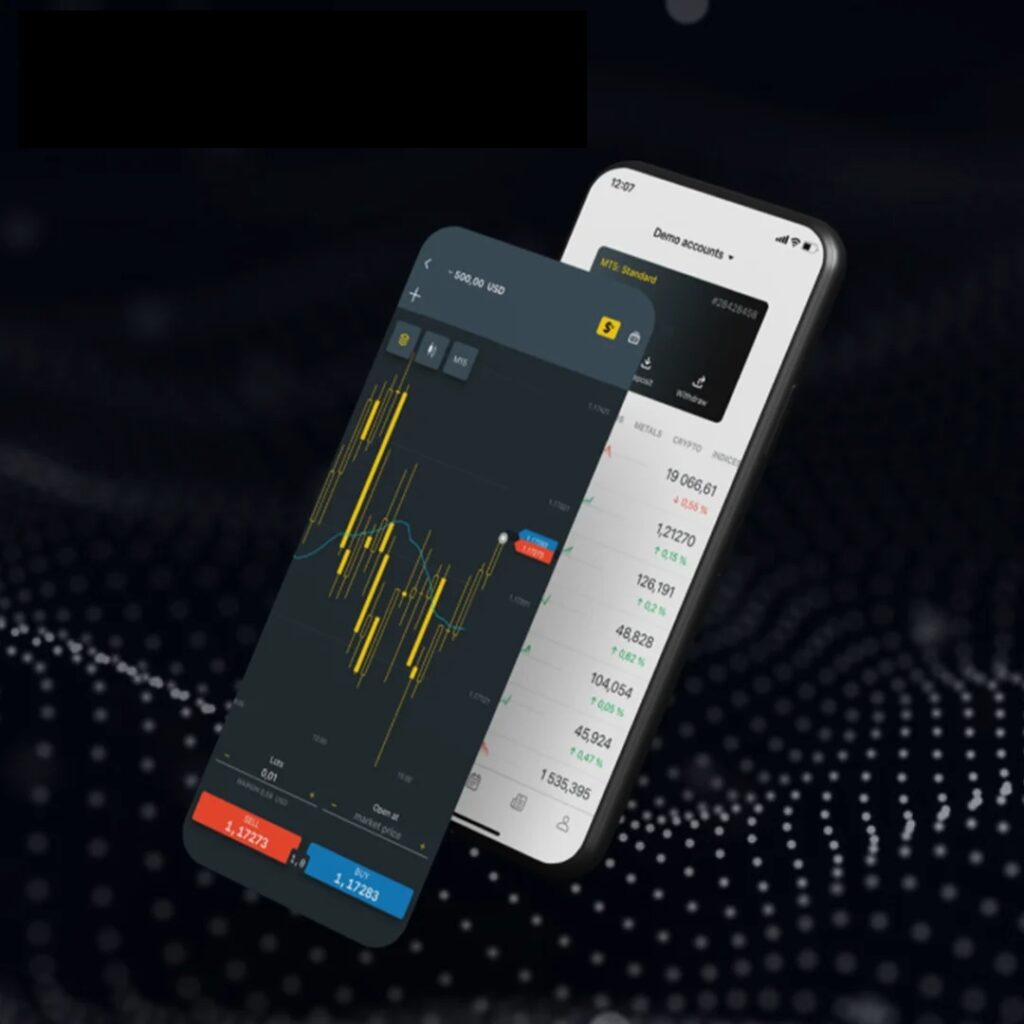
In conclusion, when evaluating brokers, the key is to focus on real, practical aspects that directly impact your trading experience. Only by testing a platform thoroughly can you determine whether it fits your needs and expectations.
Top-Rated Binary Options Trading Platforms of 2025
The binary options landscape has changed, and 2025 promises to be an exciting year. With many brokers offering innovative features, here’s a breakdown of the top-rated platforms.
Overall Best Binary Options Brokers
Some brokers offer everything traders need for a solid experience. These platforms combine high payout rates with excellent service and a range of trading options.
- IQ Option: Known for its user-friendly interface and competitive payout rates up to 95%, this platform offers a wide variety of assets to trade and has maintained its reputation as an industry leader in 2025.
- Deriv: A trusted name since 1999 (formerly Binary.com), it offers robust security and customer service. It stands out for traders who value quick response times, reliability, and its versatile trading platforms.
Best Platforms for Beginners
Not everyone is a seasoned trader, and that’s okay. Some brokers are built for those who are just starting out.
- Olymp Trade: Offers a clean and simple interface with intuitive design. The demo account lets newcomers practice risk-free with $10,000 in virtual funds before jumping in.
- Binomo: With easy-to-follow tutorials, beginner-focused features, and deposits starting from just $10, this platform helps new traders get started smoothly without risking large sums.
Best for Advanced Traders
Experienced traders need more than just the basics. They need advanced tools and features that let them fine-tune their strategies.
- Pocket Option: Excellent technical analysis tools, fast execution with trades as short as 60 seconds, and a broad range of assets for professional traders seeking precision.
- ExpertOption: Offers customizable trading options, including social trading features and detailed market analysis tools, ideal for high-level traders who demand precision and insights.
Best Mobile Trading Experience
For those always on the move, mobile trading is a must. These brokers offer apps that make it easy to trade from anywhere.
- Quotex: Known for its responsive and easy-to-use mobile app with fast execution times, it ensures traders can manage their accounts on the go without sacrificing functionality.
- RaceOption: Seamlessly syncs between mobile and desktop, allowing for a smooth trading experience on multiple devices with its intuitive interface designed for traders of all levels.
Binary Options Broker Comparison Table
Navigating through the features of various brokers can be daunting. The table below offers a straightforward comparison of some of the leading binary options platforms. This breakdown helps highlight key differences and similarities, making it easier to compare what each broker brings to the table.
| Min Dep | ||
|---|---|---|
| $5-$25 | ||
| $10 | ||
| $10 | ||
| $5 | ||
| $10 | ||
| $10 | ||
| $100-$200; Bank transfer: $5,000 | ||
| $10 | ||
| $10-$20 (region-dependent); VIP: $50,000 | ||
| $250 (Bronze); $500 (Silver); $2,500 (Gold); $50,000 (VIP) | ||
| $10 | ||
| $1 |
Key Features at a Glance
| Broker Name | Payout Rates | Asset Variety | Minimum Deposit | Mobile App |
| IQ Option | Up to 95% | 500+ | $10 | Yes |
| Deriv | Up to 100% | 200+ | $5 | Yes |
| Olymp Trade | Up to 90% | 100+ | $10 | Yes |
| Binomo | Up to 87% | 60+ | $10 | Yes |
Minimum Deposits Compared
When deciding which platform to start with, the minimum deposit is a crucial factor. Here’s how two brokers compare:
| Broker Name | Minimum Deposit |
| IQ Option | $10 |
| Deriv | $5 |
| Pocket Option | $50 |
| Quotex | $10 |
| ExpertOption | $50 |
| RaceOption | $25 |
Trading Platform Technologies
Different brokers offer varying platform technologies, which impact your overall experience:
- IQ Option: A proprietary web-based platform that requires no download, making it accessible from any device with an internet connection. The platform is intuitive with advanced charting tools, 70+ technical indicators, and multiple chart types that outperform many basic platforms.
- Deriv: Provides both downloadable MT5 platform and their proprietary DTrader web-based platform. This flexibility allows traders to choose between accessing the platform on their browser or downloading MT5 for a more feature-rich and potentially faster experience with advanced technical analysis.
- Olymp Trade: Features a custom-built platform designed specifically for binary options with a clean interface that works seamlessly across devices. Their platform focuses on simplicity without sacrificing essential trading tools.
- Pocket Option: Offers a WebTrader platform with social trading features, allowing users to copy successful traders. The platform includes extensive analytical tools and indicators for detailed market analysis.
Available Assets Comparison
The range of assets a broker offers can greatly influence trading decisions. Here’s a quick look at what each platform provides:
| Broker Name | Forex | Commodities | Stocks | Cryptos |
| IQ Option | Yes | Yes | Yes | Yes |
| Deriv | Yes | Yes | Yes | Yes |
| Binomo | Yes | Yes | Limited | Yes |
| ExpertOption | Yes | Yes | Yes | Yes |
While both platforms provide access to Forex and commodities, Platform X offers more variety with stocks, whereas Platform Y doesn’t provide stock trading. This could be a deciding factor for traders interested in diversifying their portfolios.
Types of Binary Options Brokers
Understanding the types of brokers is key to making the right choice. Here are the two main categories:
Regulated vs. Offshore Platforms
- Regulated Brokers: These brokers operate under the supervision of trusted financial authorities. This brings a higher level of accountability, ensuring funds are protected and trading is transparent. Traders can trust these brokers to offer a more secure and regulated environment.
- Offshore Brokers: These brokers operate in jurisdictions with less strict regulations, which may allow them to offer more flexibility. This can include higher leverage or better returns, but with greater risk. Offshore brokers may not provide the same level of protection for funds or transparency as their regulated counterparts.
Market Maker vs. STP/ECN Models
- Market Makers: These brokers act as the counterparty to their trades. They set the prices for options, which can sometimes lead to conflicts of interest. This model might offer higher payouts but requires careful consideration.
- STP/ECN Brokers: These brokers send orders directly to the market, ensuring faster execution and reducing the potential for manipulation. Because they don’t create a conflict of interest, these brokers are often preferred by more experienced traders.
Web-Based vs. Downloadable Platforms
Finally, understanding the difference between web-based and downloadable platforms can help make your decision easier:
- Web-Based: These platforms are accessible via any browser, which means no installation is required. The main advantage is convenience, but web-based platforms tend to be less customizable and may not be as fast as their downloadable counterparts.
- Downloadable: These platforms offer more robust features and generally provide faster execution times. However, they require installation on your device, which might be a drawback if you need to trade from multiple devices or locations.
In summary, choosing a broker isn’t just about finding the one with the best payout rates. It’s about considering your own preferences and trading needs. Factors like platform accessibility, asset variety, and the type of broker can all influence your experience. Always compare brokers carefully to ensure you find the one that fits your trading style and goals best.
Regional Binary Options Trading Platforms
The world of binary options trading is not a one-size-fits-all space. Different regions have specific platforms tailored to local needs, languages, and regulations. Here’s an expanded look at the most notable brokers catering to various regions.
European Brokers
European brokers are often subject to stringent regulations. These regulations provide additional layers of security and oversight, making them a reliable choice for traders within Europe. Brokers operating in the EU generally adhere to rules set by the European Securities and Markets Authority (ESMA), ensuring that traders’ funds are protected.
- These brokers usually have a strong presence in European markets, offering services in multiple languages like English, German, French, and others. The emphasis is often on transparency, and many brokers operate with clear terms, especially regarding fees and payout structures.
- European brokers are highly regulated. Their trading platforms typically include advanced charting tools, low spreads, and multiple payment options. These features, combined with robust customer support, make them a popular choice for both beginner and advanced traders.
US Brokers
In the United States, binary options trading is highly regulated. While this may limit leverage compared to brokers in other regions, it helps provide a safer environment for traders. The Commodity Futures Trading Commission (CFTC) and the National Futures Association (NFA) oversee and enforce rules on U.S.-based brokers, ensuring the integrity of the market.
- US brokers typically offer a wide variety of assets, from forex pairs to commodities and stocks. While leverage is restricted, these brokers often offer competitive payouts and robust security features, which makes them appealing to traders who value compliance and safety.
- Some brokers in the U.S. focus on providing educational resources, including detailed guides and trading strategies. They tend to have solid customer support systems in place, and many feature easy-to-navigate trading platforms.
Asian Brokers
Asian brokers are gaining traction thanks to their higher leverage offerings, which attract traders looking to make significant returns with smaller initial investments. However, this comes with increased risk, as larger leverage means more potential for losses as well.
- These brokers are usually not as tightly regulated as European or U.S. brokers, which means that while they offer flexibility, they may expose traders to higher risks. However, they often offer fast execution speeds and competitive fees, making them a choice for aggressive traders who are comfortable with the increased volatility.
- Many Asian brokers offer services in languages specific to the region, such as Chinese, Japanese, Korean, and others. They also cater to local trading preferences, including certain asset classes and trading hours.
How to Choose the Right Binary Options Broker
Finding the right binary options broker can be tricky, but it doesn’t have to be. When searching for the right platform, you’ll want to consider a few key things. Whether you’re just getting started or you’ve been trading for a while, the right broker should match your style and goals. Here’s a breakdown of the important factors to help you make the best decision.
Key Factors to Consider
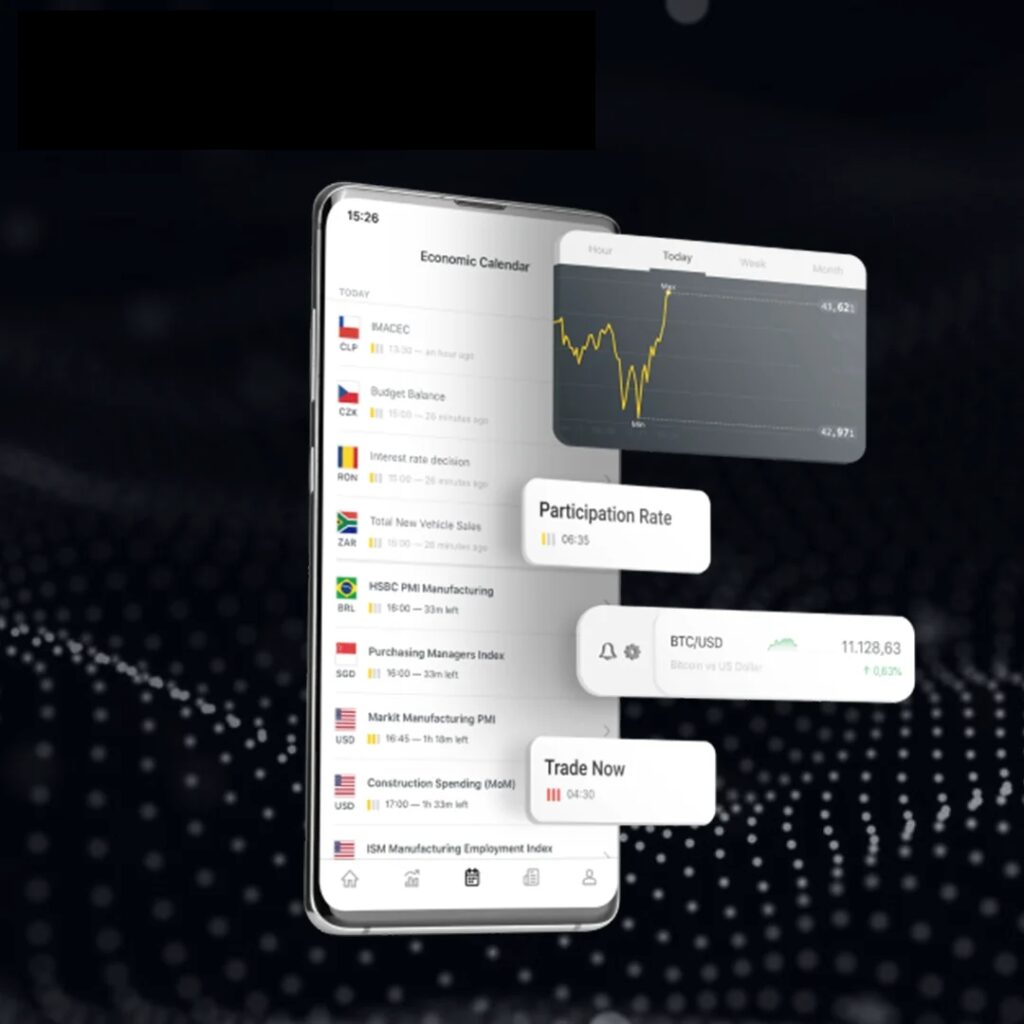
- Regulation: When it comes to binary options trading, choosing a broker that is properly regulated is non-negotiable. A regulated broker offers more safety for your funds and guarantees that the platform operates according to strict guidelines. This is particularly important for peace of mind, as you’ll know your money is in safe hands. Brokers that follow regional regulations are generally held to higher standards, which adds an extra layer of protection for traders.
- Fees: Fees can vary greatly between brokers. Whether it’s the cost of deposits, withdrawals, or the commissions they take on trades, you’ll want to compare these fees. Some brokers charge high fees in certain areas while offering low ones elsewhere. It’s vital to ensure that the fees aren’t hidden in fine print, as even small costs can add up over time. Finding a balance between fair fees and great service is key—just because a broker offers low fees doesn’t always mean it’s the best choice.
- Support: Good customer support is essential. There’s nothing worse than getting stuck in the middle of a trade and not being able to reach anyone for help. Look for brokers who provide easy access to their support team, with multiple ways to get in touch. Ideally, customer service should be available 24/7 to cover different time zones. Fast and efficient support ensures that your issues can be resolved quickly without disrupting your trading flow.
- Asset Variety: The more assets a broker offers, the more freedom you have to diversify your portfolio. A broad range of assets—whether forex pairs, commodities, stocks, or cryptocurrencies—gives you the flexibility to experiment with different markets. If you’re only interested in one type of asset, then a platform specializing in that can work. However, if you’re open to different options, it’s best to choose a broker with a large variety of assets.
Red Flags to Watch For
- Unregulated Brokers: If a broker is unregulated, steer clear. Trading with an unlicensed broker can be risky, as there’s no governing body to ensure that they operate fairly. Unregulated brokers may not offer secure platforms and could potentially put your funds in danger. Always check the regulatory status of a broker before committing any money. Choose platforms that are fully licensed by trusted authorities.
- Promises of Guaranteed Profits: Be cautious if a broker promises guaranteed profits. Trading involves inherent risks, and no one can predict outcomes with certainty. If a broker claims that you’ll always win, it’s likely a scam. Keep in mind that there are no guarantees in trading, and you should always be wary of over-inflated claims.
- Lack of Customer Support: If reaching customer support is difficult or takes too long, it’s a major warning sign. A lack of reliable customer service could indicate that the broker is more interested in making money than helping traders. You should never have to wait for hours to get a response. A responsive support team is essential for solving issues that might come up during your trading.
Account Verification Requirements
Before you start trading, expect most brokers to ask for identity verification. This process helps protect you and the platform from fraud. Typically, you’ll be asked to provide personal documents, including a valid government ID, proof of address, and sometimes financial documents such as bank statements or credit card information. It may take a few days to complete, but it’s an important step in securing your account and ensuring a safe trading environment.
Latest Binary Options Broker Updates
The world of binary options trading is rapidly changing, and brokers need to keep up. Regular updates are essential for staying ahead of the competition. These changes often focus on improving existing features, adding new ones, and adapting to evolving regulations. Let’s take a closer look at the latest updates shaping the market in 2025.
New Platform Launches
A number of brokers are unveiling new platforms this year, promising a host of exciting upgrades. These platforms are designed to improve the user experience, offering more advanced tools and faster trading speeds. Whether it’s better mobile functionality, enhanced charting tools, or smoother interfaces, these platforms are intended to make trading easier and more efficient.
- Brokers are focusing on improving mobile trading. Many platforms now offer apps that are not only easy to use but also rich in features. Mobile apps are getting better at syncing with desktop versions, which allows traders to pick up right where they left off, no matter where they are.
- Another notable trend is the rise of higher payout rates. Many new platforms are focusing on attracting traders with attractive payouts. If the user experience is as seamless as the payouts, traders may find it easier to stick with the platform.
Keep an eye on these platform launches. Brokers that are continually upgrading their systems tend to be more innovative and provide traders with the best tools available.
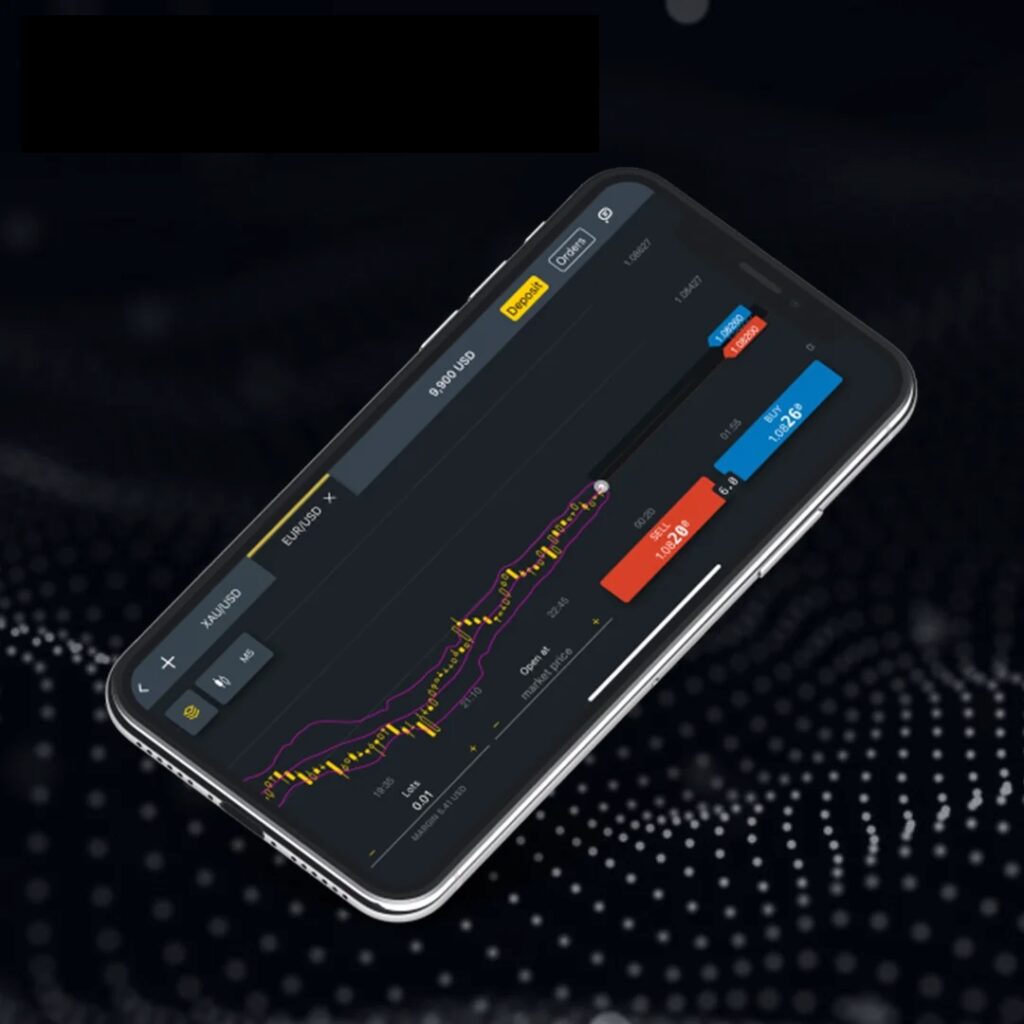
Regulatory Changes
Regulations in the binary options industry are constantly evolving. These changes impact everything from the assets you can trade to how much leverage you can use. Traders must stay informed about regulatory updates to ensure they comply with new rules and avoid any disruptions to their trading.
- Financial regulators are tightening their grip on the market in many regions. In the EU, for instance, stricter rules on leverage are being implemented to protect traders. In the U.S., regulators are also becoming more focused on ensuring that brokers adhere to proper standards.
- These updates may limit certain options but also provide a safer environment for traders. While it can be frustrating at times, staying updated will help traders avoid surprises and continue trading without interruption.
Regulatory changes can impact fees, available asset types, and even trading hours. It’s critical to stay on top of the latest regulations so you don’t find yourself caught off guard by unexpected restrictions.
Feature Updates and Improvements
To stay relevant, brokers are consistently rolling out new features and upgrades. These are meant to keep the platforms competitive and improve the overall trading experience. Whether it’s better charting tools, new payment options, or improved order execution speeds, these changes can make a significant difference.
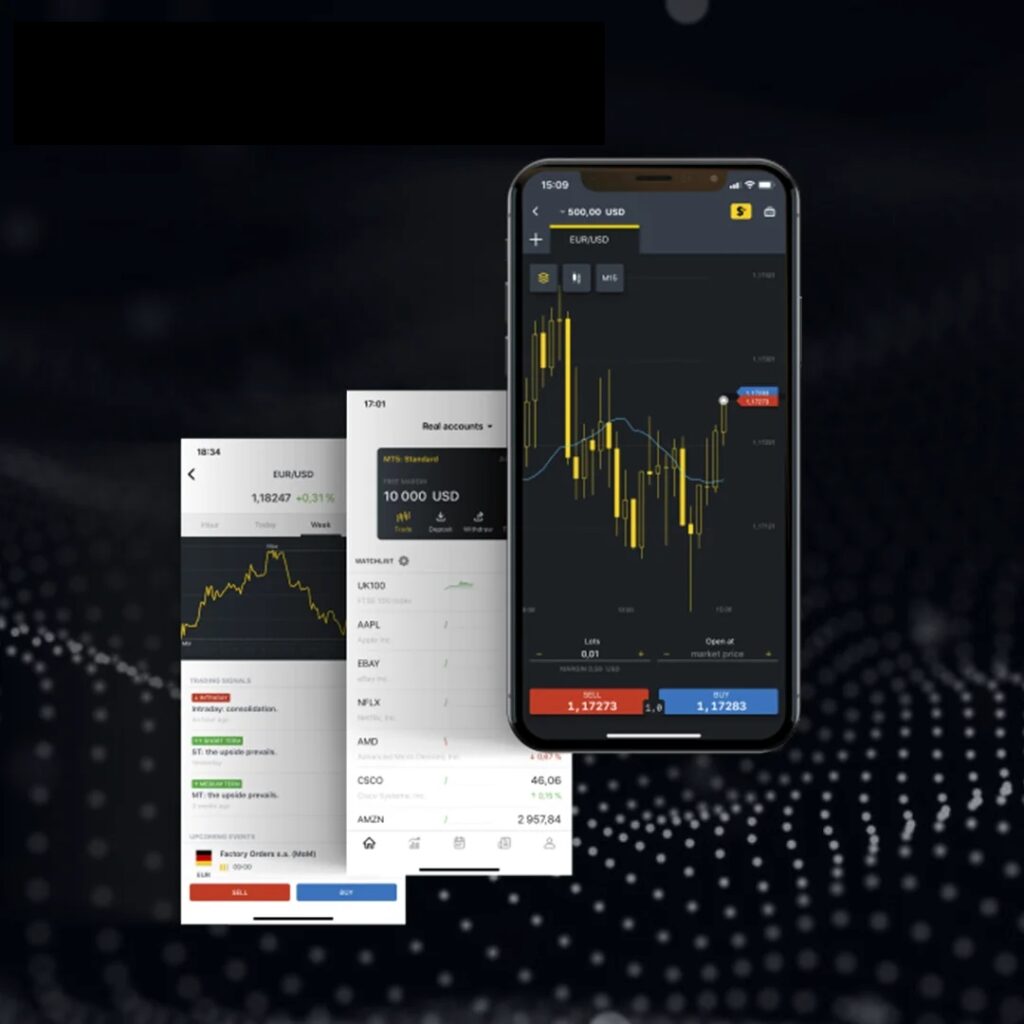
- Charting and Analysis Tools: Many brokers are improving their charting systems. More detailed indicators and enhanced technical analysis tools allow traders to make more informed decisions. These updates are crucial for traders who rely on technical strategies.
- Faster Order Execution: Speed is key in binary options trading, and brokers are focusing on improving their order execution times. With faster processing, traders can act quickly on opportunities without worrying about delays.
- Automated Trading Systems: A growing number of brokers are introducing automated trading systems. These tools allow traders to set up algorithms that can execute trades based on pre-determined criteria. While automation isn’t for everyone, it can benefit traders who are away from their computers or want to minimize human error.
- Additional Payment Options: More payment methods are being integrated into trading platforms, making it easier to deposit and withdraw funds. Whether it’s through cryptocurrencies, e-wallets, or traditional bank transfers, the variety of payment options is increasing. This flexibility makes it simpler for traders to manage their funds in a way that suits their preferences.
By staying updated with new features, traders can find platforms that suit their personal needs and strategies. The ongoing improvements made by brokers show that the industry is focused on providing better services and tools to support traders at every level.

